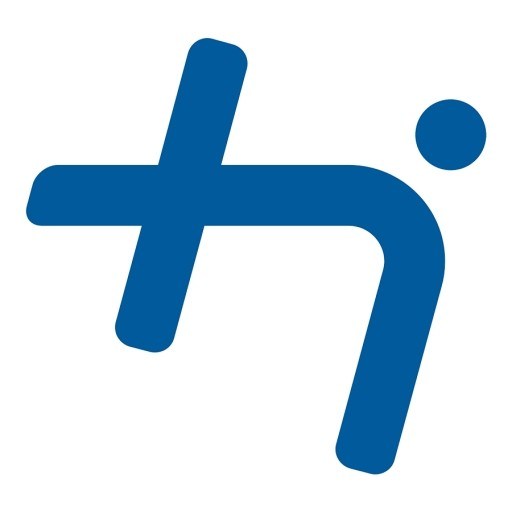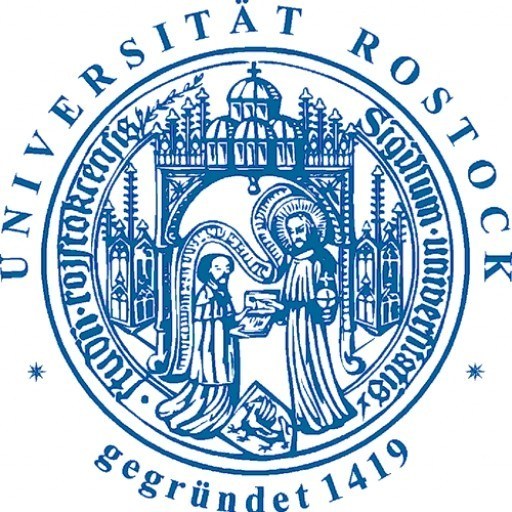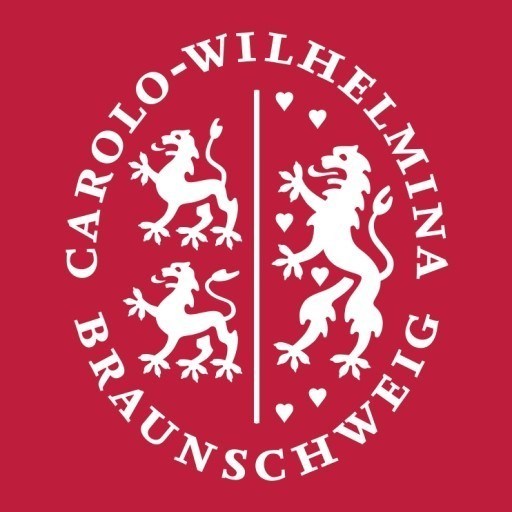Photos of university / #unistuttgart
The Master’s program in Computational Linguistics at the University of Stuttgart offers an interdisciplinary curriculum designed to equip students with advanced knowledge and practical skills in the fields of linguistics, computer science, and artificial intelligence. This program aims to train experts capable of developing innovative language technology applications such as machine translation, speech recognition, sentiment analysis, and information extraction. Students will delve into both theoretical foundations and practical implementations of natural language processing (NLP), gaining proficiency in programming, algorithm development, and linguistic analysis. The program emphasizes a strong research orientation, encouraging students to engage in current topics like deep learning for language understanding, multimodal processing, and language resource development. Throughout their studies, students will have access to state-of-the-art laboratories and participate in collaborative projects with industry partners, ensuring they acquire relevant working experience. The degree prepares graduates for careers in academia, industry, and research institutions, addressing the growing demand for digital language solutions in diverse sectors such as technology, healthcare, media, and commerce. The curriculum is structured to foster interdisciplinary thinking, analytical skills, and innovative problem-solving abilities, providing a comprehensive education in both theoretical and applied aspects of computational linguistics. Fluent communication in English is essential, and students will also develop skills in scientific writing and presentation. The program typically spans four semesters, culminating in a master’s thesis that allows students to investigate a specialized topic in depth. Graduates of this program will be well-equipped to contribute to the advancement of language technology and to tackle complex linguistic challenges posed by modern digital communication.
Educational organisation
Semester one: Methods in Computational Linguistics; Computational Linguistics Concentration 1, part 1; Computational Linguistics Concentration 2, part 1; Specialisation Module; Key Competences SeminarSemester two: Computational Linguistics Concentration 1, part 2; Computational Linguistics Concentration 2, part 2; two Specialisation Modules; Computational Linguistics Team Lab
Semester three: four Specialisation Modules; Research Seminar
Semester four: Colloquium, Master's thesis
Study abroad unit(s)
Students are encouraged to spend semester three abroad. Classes in semester three can be taken at a host university.Forms of assessment
- Written and oral examinations
- oral presentations
- poster presentations
- seminar papers
Course objectives
The Master of Science Computational Linguistics is a good basis either for a PhD programme in computational linguistics/natural language processing or for a position in industry and at research organisations that involves text and speech processing systems.Language requirements
Applicants must provide proof of their proficiency in English (e.g. TOEFL or other equivalent test).Academic requirements
Bachelor's degree in computer science, computational linguistics, or a related fieldEnrolment fees
Approx. 170 EUR per semesterCosts of living
To cover living expenses, you will need about 750 EUR per month. This is for rent (approx. 300-350 EUR), health insurance for non-EU residents (approx. 80 EUR), the semester ticket for public transport (190 EUR/six months), food (approx. 200 EUR), other incidental expenses and working materials (approx. 100 EUR).Job opportunities
Owing to its location in the heart of one of Europe's largest high-tech regions, there are many opportunities to find employment. Nevertheless, please do not come to Germany expecting to be able to finance your entire studies by working. The study load is very high and it is not always easy to find a part-time job. Non-EU citizens are allowed by law to work for a maximum of 120 full days (240 half days) per year. Students who are employed by the university in one of the institutes or departments ("Studentische Hilfskräfte") are exempt from this regulation, but other restrictions apply. You are not allowed to work during the first year while attending a German language class in preparation for the test of German as a foreign language (TestDaF).Arrival support
A pick-up service is part of our welcome package. If you wish, you will be contacted before your departure, and if you arrive between 8am and 8pm, you will be met at Stuttgart airport or railway station and taken to your accommodation. Your host partner will also help you to deal with all formalities. This service is free of charge.Services and support for international students
Cross-Cultural Mentoring ProgrammeThe Office of International Affairs invites international degree students to sign up for the "Cross-Cultural Mentoring Programme". The programme is intended to ease initial challenges at the university as well as to offer study information, counselling services, subject-specific tutorials, courses, and activities during the whole study programme.
For further information, please contact: heidenreich@ia.uni-stuttgart.de.
The Welcoming Service
The Office of International Affairs offers a buddy programme in order to support you with all formalities at the beginning of your studies. For further information, please visit our website: http://www.ia.uni-stuttgart.de/internat/studierende/services/buddyprogramm/index.en.html.
Accommodation
Both campuses in Stuttgart-Vaihingen and in Stuttgart city centre have on-site halls of residence. Dorm rooms (ranging from 240-350 EUR per month) are furnished, some are equipped with a sink, and all have access to kitchen and sanitary facilities, telephone, and Internet. From the campus in Stuttgart-Vaihingen, the city of Stuttgart can be reached by suburban railway within 10 minutes. If you are under 30 years old and want to apply for a room in one of the student dormitories, please contact the student service:Studentenwerk Stuttgart
Rosenbergstraße 18
70174 Stuttgart
Germany
Phone: +49 (0)7 11-9 57 44 70
Fax: +49 (0)7 11-9 57 44 50
E-mail: wohnen.sws@t-online.de
Internet: http://www.sws-internet.de









